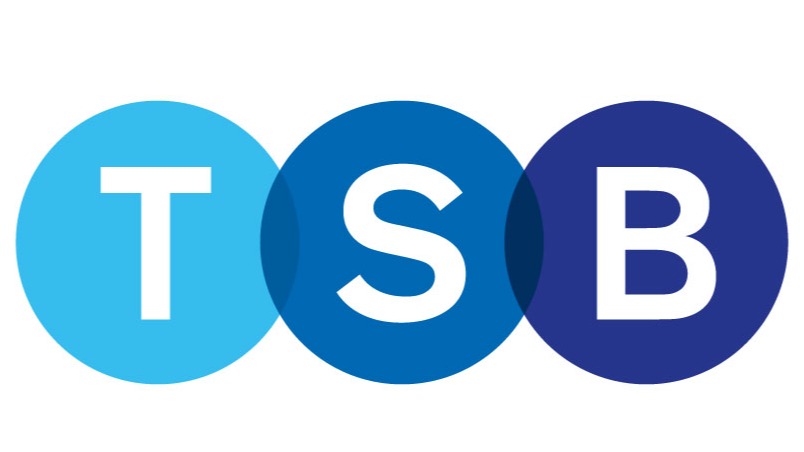The ex-chief information officer (CIO) of TSB has been hit with a £81,620 fine over the bank's botched 2018 IT migration programme.
While TSB successfully moved its IT systems and data onto a new IT platform, it experienced immediate technical failures which led to “significant disruption” to its banking services, including branch, telephone, online, and mobile banking.
The Prudential Regulation Authority (PRA), which issued the fine, said that all of TSB’s branches and a significant proportion of its 5.2 million customers at the time were impacted by the disruption.
Some customers continued to be affected by ongoing issues, with it taking around eight months for TSB to return to business-as-usual.
The move comes after the regulator gave TSB a penalty worth more than £48 million in December 2022 for operational resilience failings related to the 2018 migration.
The PRA said that former CIO Carlos Abarca failed to make sure that TSB had obtained assurance from its key third party provider that it was prepared for the IT migration.
“Senior managers have an essential role to play in ensuring that firms manage and supervise outsourcing effectively,” said Sam Woods, deputy governor for prudential regulation and chief executive of the PRA. “In this case, the PRA has fined Mr Abarca because his management of a key outsourcing relationship fell below the standard we expect.’
TSB has paid out £32.7 million in redress to customers who suffered detriment following the IT failure.
Latest News
-
Gemini to cut quarter of workforce and exit UK, EU and Australia as crypto slump forces retrenchment
-
Bank ABC’s mobile-only ila bank migrates to core banking platform
-
Visa launches platform to accelerate small business growth in US
-
NatWest to expand Accelerator programme to 50,000 members in 2026
-
BBVA joins European stablecoin coalition
-
eToro partners with Amundi to launch equity portfolio with exposure to ‘megatrends’
Creating value together: Strategic partnerships in the age of GCCs
As Global Capability Centres reshape the financial services landscape, one question stands out: how do leading banks balance in-house innovation with strategic partnerships to drive real transformation?
Data trust in the AI era: Building customer confidence through responsible banking
In the second episode of FStech’s three-part video podcast series sponsored by HCLTech, Sudip Lahiri, Executive Vice President & Head of Financial Services for Europe & UKI at HCLTech examines the critical relationship between data trust, transparency, and responsible AI implementation in financial services.
Banking's GenAI evolution: Beyond the hype, building the future
In the first episode of a three-part video podcast series sponsored by HCLTech, Sudip Lahiri, Executive Vice President & Head of Financial Services for Europe & UKI at HCLTech explores how financial institutions can navigate the transformative potential of Generative AI while building lasting foundations for innovation.
Beyond compliance: Building unshakeable operational resilience in financial services
In today's rapidly evolving financial landscape, operational resilience has become a critical focus for institutions worldwide. As regulatory requirements grow more complex and cyber threats, particularly ransomware, become increasingly sophisticated, financial services providers must adapt and strengthen their defences. The intersection of compliance, technology, and security presents both challenges and opportunities.
© 2019 Perspective Publishing Privacy & Cookies













Recent Stories